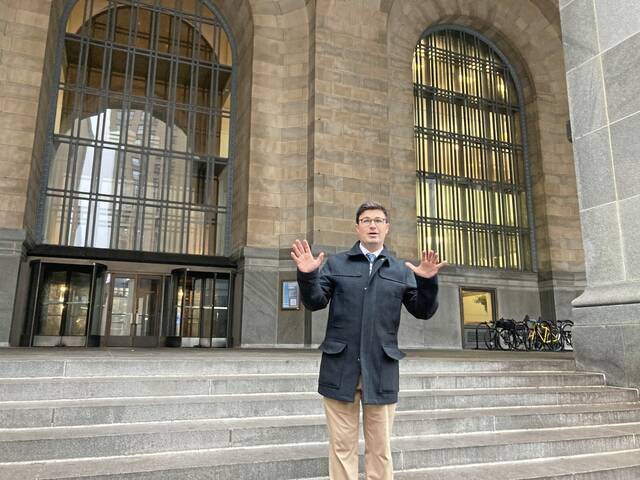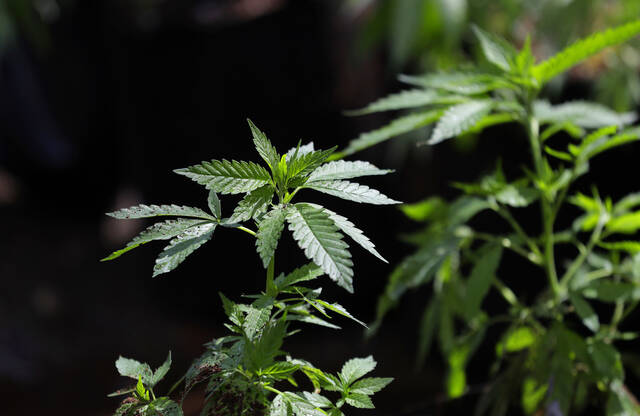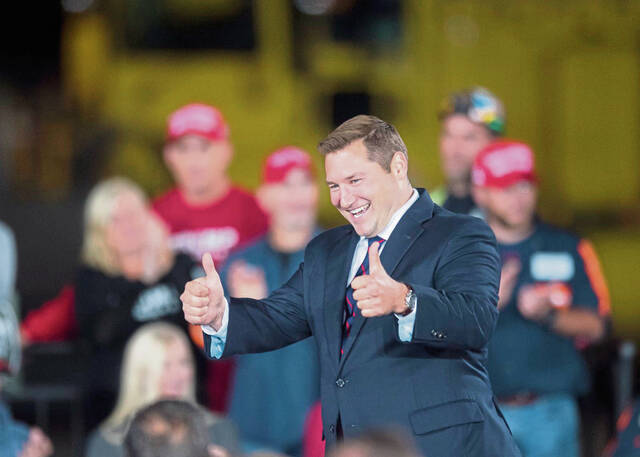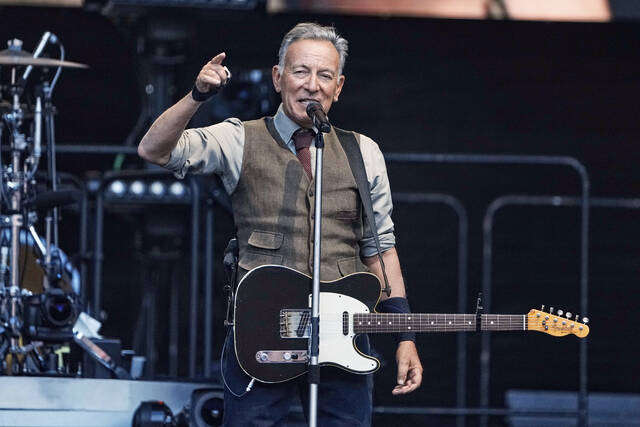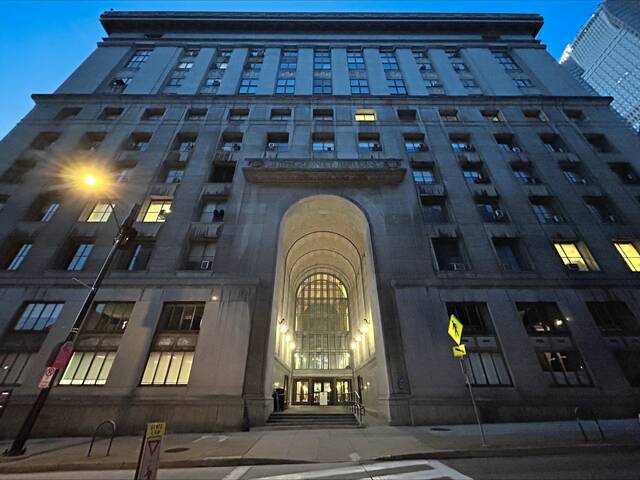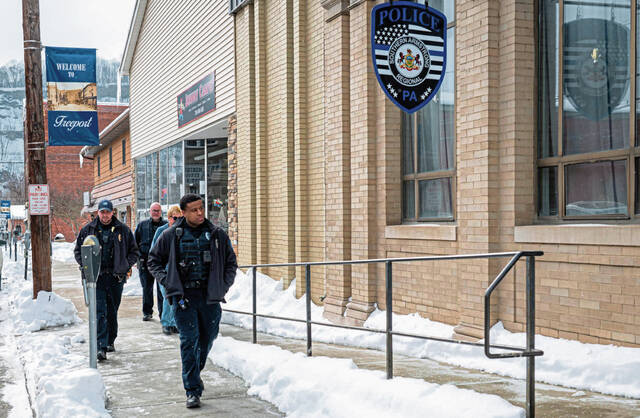Whether Pittsburgh will be able to collect millions of dollars in fees each year from professional athletes and performers appearing in the city now hinges on the state Supreme Court.
The seven justices heard oral argument Thursday about the constitutionality of a 3% tax known as a Sports Facility Usage Fee imposed nearly a decade ago.
If upheld, the tax is forecast to bring Pittsburgh more than $6 million this year.
But the court isn’t quite ready to make its decision. In an unusual move at the conclusion of the hour-long argument in Downtown Pittsburgh, Chief Justice Debra Todd asked the parties to submit additional briefs on the issue.
“We want to get this right,” Todd said.
In November 2016, the City of Pittsburgh passed a facilities usage fee to help pay down debt and cover the cost of sports venues in Pittsburgh — PNC Park, Acrisure Stadium and PPG Paints Arena.
The fee charged professional athletes and entertainers — as well as team employees — who did not live in Pittsburgh 3% of their daily income while playing or performing in the city.
While out-of-towners had to pay the fee, athletes and entertainers performing in Pittsburgh and who were city residents were not charged because they already paid an equivalent earned income tax.
In 2019, the players associations for the NHL, NFL and MLB sued in Allegheny County Common Pleas Court, alleging that the fee was an illegal tax discriminating against nonresident athletes who play here.
Among the plaintiffs was one-time Pittsburgh Penguin Scott Wilson, who lived in the North Hills at the time.
In 2022, Allegheny County Common Pleas Judge Christine A. Ward found in favor of the players’ associations, ruling the fee was discriminatory and unconstitutional.
Ward found the fee improperly distinguished between resident and nonresident athletes, as well as professional athletes and performers versus all other wage earners.
The Commonwealth Court, an intermediate appeals court, last year affirmed that decision, but the City of Pittsburgh asked the state Supreme Court to take up the case.
On Thursday, Yazan S. Ashrawi, an attorney from Columbus, Ohio, who argued on behalf of Pittsburgh, told the court that there is no distinction between resident and nonresident athletes because athletes who live in the city pay a 1% income tax and 2% school district tax, equaling the same 3% assessed to nonresident athletes.
“It is equalizing the tax burden,” he said.
But Justice Kevin Brobson asked Ashrawi if the courts can treat various professions differently.
“I’m wondering if you can do it constitutionally based on occupation?” Brobson asked.
Ashrawi said it is allowed, given that there is an increased demand for city resources and infrastructure — such as traffic control and safety and security — at events at the sports venues.
He urged the justices to overturn the lower courts, arguing that the General Assembly passed the statute permitting the tax.
“The city did not do this unilaterally,” Ashrawi said. “There’s a presumption of constitutionality.”
Attorney Ryan McManus, representing the players’ associations, argued that the tax is unconstitutional because it violates the Uniformity Clause in the state Constitution, which says all taxes shall be uniform “upon the same class of subjects.”
“This does not apply uniformly to everyone,” he said. “It singles out athletes and charges them more.”
He also accused the city of trying to manufacture uniformity by citing the 1% and 2% taxes resident athletes pay.
“The city relies on a false equivalency,” McManus said.
Ashrawi argued that nonresident athletes are entitled to a credit if they pay separate local income taxes for what they owe for the facility fee, and that they can apply for the credit with their local municipality.
But McManus countered that there is no mechanism in the statute for nonresident athletes to do that.
“Where in the record can we determine the manner in which credits will be, or are, being given?” asked Justice Christine Donohue.
Ashrawi said there is no answer. He explained the city’s fee collection policy hasn’t been updated since the lawsuit has been pending.
“The reason is because we’re waiting for some finality on what this law will look like,” Ashrawi said.
Todd responded, “That’s a good answer.”



